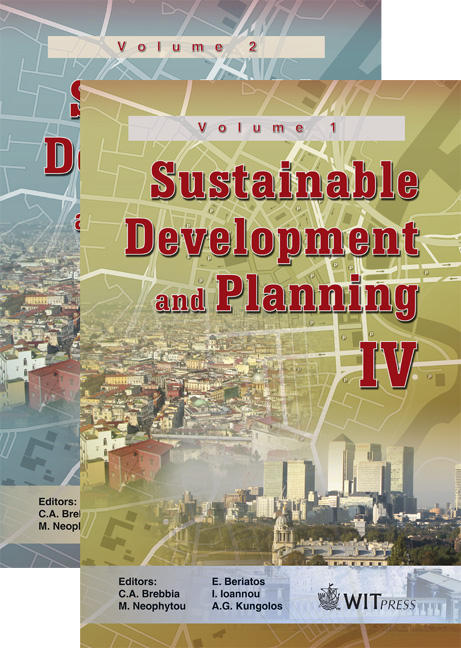A Hypothesis About The Supply Function In The Tourist Industry
Price
Free (open access)
Transaction
Volume
120
Pages
5
Page Range
817 - 821
Published
2009
Size
220 kb
Paper DOI
10.2495/SDP090762
Copyright
WIT Press
Author(s)
F. Zaccaria & C. Bizzarri
Abstract
This paper deals with the supply function trend in the tourism industry. In this regard, Sraffa’s theory is based on a strong link between a perfectly competitive system and supply at constant cost and consequently with stabile supply prices. The paper’s purpose is to present an analysis of specific problems of the supply trend in the tourism industry. Brief research shows that the tourism industry has a decreasing trend. The supply function’s character is due to internal economies and chiefly to external economies. An analysis on trends of the tourism industry proves that this sector of the economy operates in a system that is not of perfect competition but is characterized by imperfect or monopolistic competition. At a certain point of function we can remark on an opposite trend because the function begins to rise. Keywords: supply function, tourism development, environmental quality, political economy. 1 The Sraffian hypothesis of a constant supply function in a perfectly competitive market The trend of the supply function of an industry is a crucial problem for the contemporary economy. The theory of supply has been extensively discussed in Economics, which has developed explanatory hypotheses on several occasions. It is only worth mentioning here the distinction between a company and an industry, the former being an individual productive unit with its own supply function and the latter a sum of the companies existing on the market. Thus, all the companies form the industry as a whole, and the sum of the companies supply determines the supply of the industry. A fundamental assumption of the
Keywords
supply function, tourism development, environmental quality, political economy.





